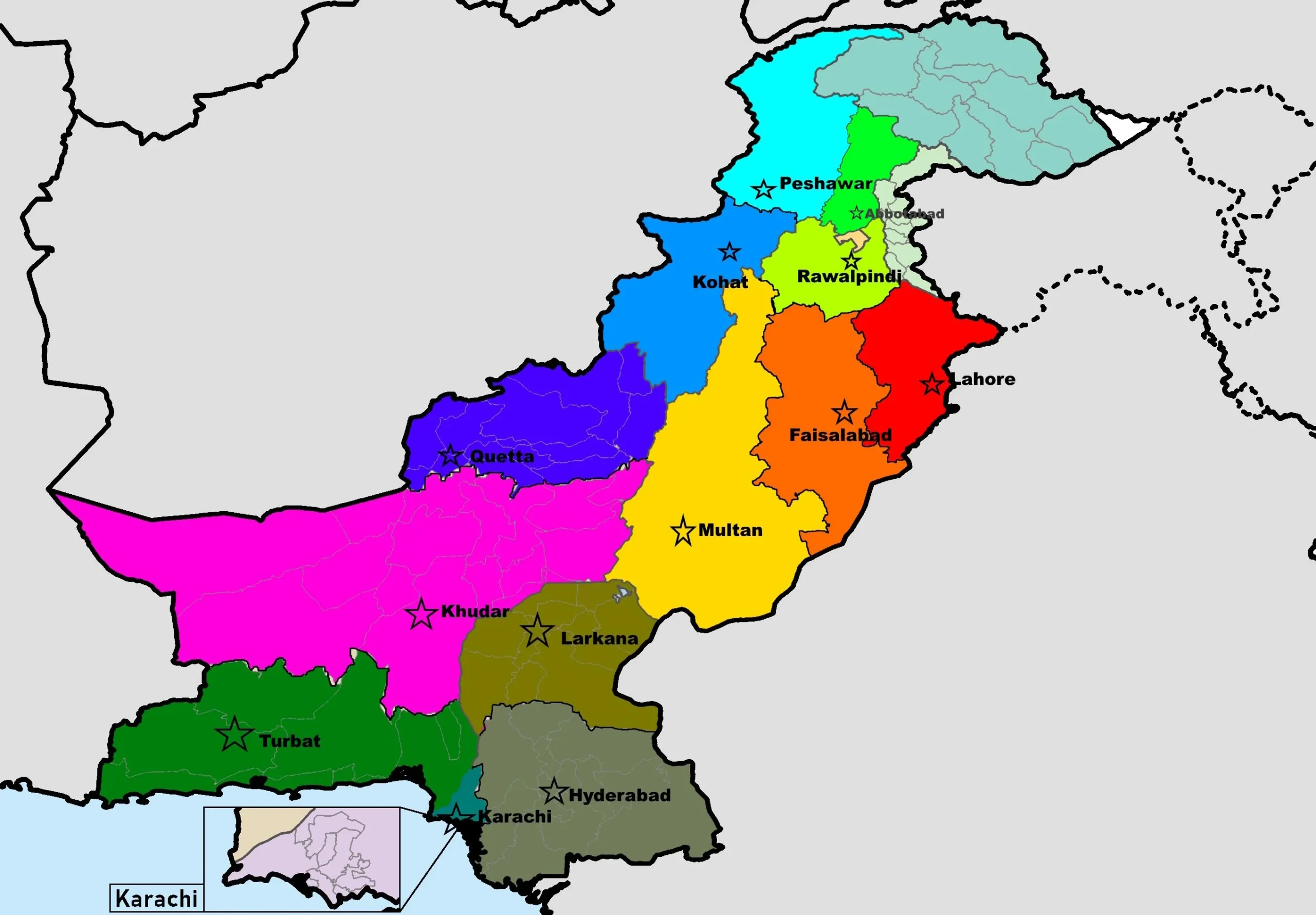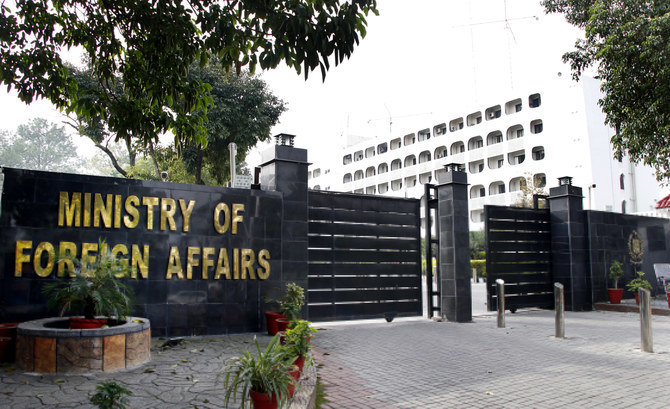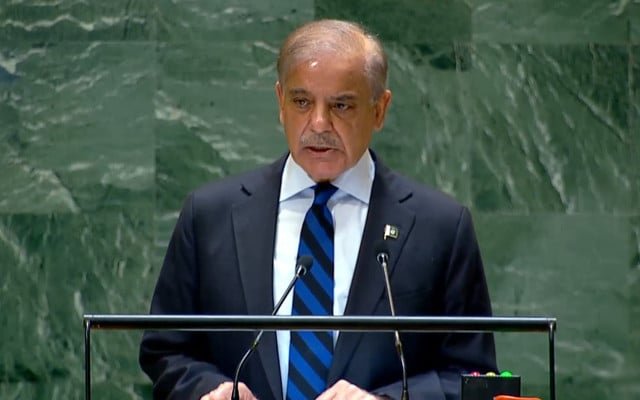Prime Minister Shehbaz Sharif has called on wealthy nations to fulfill their climate finance commitments, stressing the need for financial support to help developing countries address the impacts of climate change. Speaking at the COP29 Climate Action Summit in Baku, Azerbaijan, the Prime Minister emphasized that promises made in previous climate summits, including COP27 and COP28, must be honored.
“COP29 must make it clear that financial pledges made at COP27 and COP28 must be fulfilled,” Sharif stated, addressing the gathering of around 200 nations negotiating global action on climate change. The summit’s focus is to secure funding for climate projects worldwide, aiming to raise trillions of dollars to support the transition to clean energy and adaptation to a warmer world.
Shehbaz Sharif underscored that Pakistan, ranked as one of the world’s most climate-vulnerable countries, cannot manage these challenges alone. He highlighted the devastating floods in 2022, which caused over 1,700 deaths and affected 33 million people, with economic damages exceeding $30 billion. While international donors pledged over $9 billion for recovery, much of this aid has yet to arrive.
The Prime Minister reiterated Pakistan’s commitment to climate solutions, noting the country’s efforts to generate 60% of its energy from clean sources and transition 30% of its vehicles to electric by 2030. He stressed, however, that developing nations like Pakistan need an estimated $6.8 trillion by 2030 to meet their climate targets and implement adaptation measures.
Sharif also called for climate finance to be grant-based, not debt-based, warning that failure to act would be unforgivable. “Without climate justice, there can be no real resilience,” he said.
The Prime Minister’s remarks come as the global community continues to debate the funding mechanisms for climate action. While wealthy nations had committed to $100 billion annually in climate finance, this target was not fully met until 2022, and its expiration this year has left many uncertainties about future funding levels. Countries are currently negotiating a new, larger target, but some have been hesitant to agree without clear details on contributors.
Scientists have warned that without significant progress on emissions reductions and financing, the world is on track for even more severe climate impacts, including extreme floods, heatwaves, and hurricanes. The upcoming UN deadline for updating climate plans remains a crucial moment to avert further damage.















